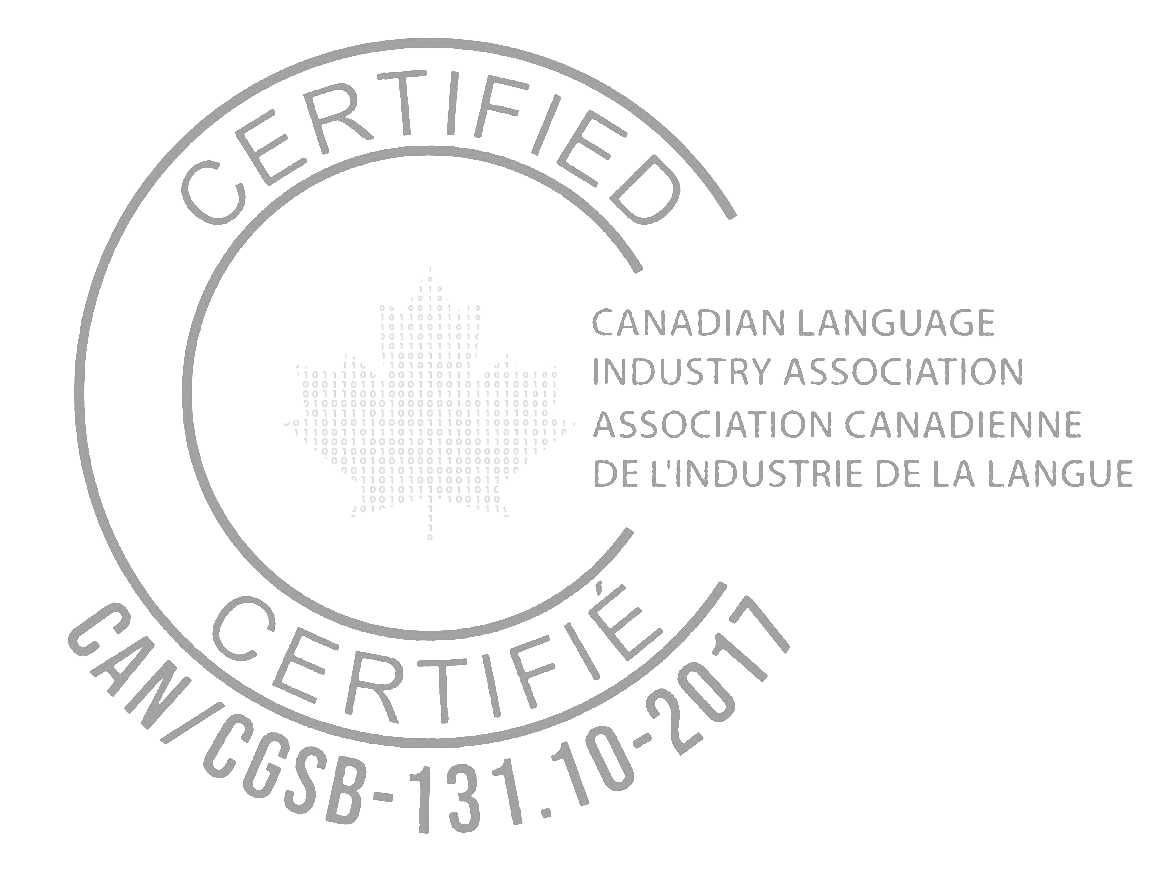Bill 96 is an "Act Respecting French, the Official and Common Language of Québec," which proposes revisions to the Charter of the French Language (Bill 101). It aims to reaffirm French as the only official and common language of the Canadian province and contains amendments to the Civil Code of Quebec, the Charter of Human Rights and Freedoms, and the Canadian Constitution.
With French becoming the predominant - or in many cases, the only - language required for businesses to operate, the proposed legislation will undoubtedly increase demand for local translations into Canadian French. When adopted, the province's language laws will affect educational institutions, legal operations, financial businesses, immigration, and other areas of interaction.
The new bill would require that all types of businesses make French text predominant on all application forms, employee-related documents, signage, certification processes, trademarks, invoices, and other publications. This can also include the administrative and management processes, internal communications, work tools, documents presented to your customers, commercial advertising, as well as certified translations of all the legal and court documents, financial papers, etc. This will make Canadian French translation all the more important and relevant in 2022 and beyond.

As Gary Kalaci, CEO, Alexa Translations notes, "Since its inception in 2002, Alexa Translations has been adapting to various shifts in industry, culture, and community. Bill 96 will likewise introduce significant changes for businesses and their legal counterparts. Fortunately, as we are deeply embedded in the Quebec legal community, our team is ready and able to help our clients adapt and navigate these changes."
With the upcoming changes to these laws, companies are now adjusting their outlook towards seeking professional support from Language Service Providers (LSPs). While professional translation companies ensure that everything you aim to communicate is understood and accurate, companies should also avoid low-quality options, which are often readily available online, but lacking context and fraught with massive grammatical errors. This results in critical messages missing the mark. Avoiding translation altogether will also be harder as the new changes in regulation will bring with it even stricter financial penalties for non-compliance.
As one of the leading translation service providers, Alexa Translations has always been mindful of our client needs, especially when it comes to understanding terminology, context, and the clarity of the final translation, especially in the legal and financial context.
The bill is likely to become law by the end of the year, so we encourage you to be proactive and preparing for new regulations now. As always, if we can be of assistance, please don't hesitate to contact us. We would be pleased to be your trusted partner and help you manage any upcoming business needs.














